Top 5 Password Vulnerabilities of an iOS Password Manager
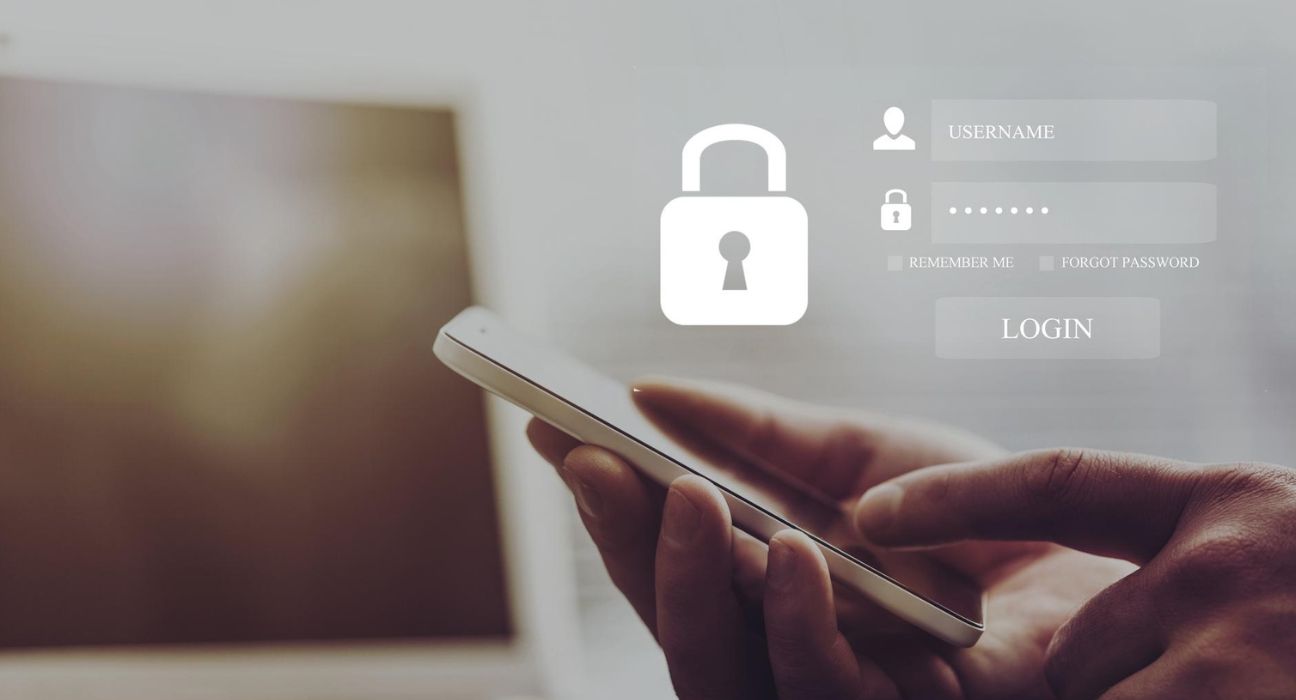
Introduction to Password Vulnerability
We all very much know that the importance of strong passwords cannot be overstated. With the increasing number of online accounts, we manage every day for work or day-to-day life, the risk of falling victim to cyber-attacks is higher than ever before. Our passwords act as the first line of defense in protecting our sensitive information from hackers and identity thieves. However, passwords are often vulnerable and can be easily compromised if not handled properly. That’s why it is crucial to understand the common places where passwords are susceptible to attacks and how an iOS password manager can enhance your online security.
The Importance of Strong Passwords
Hold on! Before we dive into the vulnerabilities, let’s first emphasize the significance of strong passwords. A strong password is one that is long, unique and includes a combination of uppercase and lowercase letters, numbers, and special characters.
Using names, birthdates common phrases or a pet’s name is one of the mistakes we all make. It is essential to avoid using easily guessable passwords. Strong passwords act as a robust barrier to prevent unauthorized access to your accounts and personal information. By using unique passwords for each account, you mitigate the risk of a single compromised password leading to a domino effect across multiple platforms.
Common Places Where Passwords Are Vulnerable
Passwords are vulnerable in various scenarios, and understanding these weak points can help you better protect yourself. One common vulnerability is phishing attacks, where hackers create deceptive websites or emails to trick users into sharing their login credentials. Another vulnerable area is unsecured Wi-Fi networks, which can be easily exploited by hackers to intercept passwords. Additionally, weak passwords or default credentials used by individuals on their accounts can be easily cracked by cybercriminals using password-guessing software.
Related Story: Password Protection: Detecting and Preventing Phishing Attacks
The Risk of Using the Same Password for Multiple Accounts
I do it, you do it and we all do it but it’s not the best practice. Using the same password for multiple accounts is a dangerous practice that puts all of your online presence at risk. If one account is compromised, hackers can gain access to all your other accounts, leading to potential financial loss, identity theft, and privacy breaches. Many individuals fall into the trap of convenience, using the same password across various platforms to avoid the hassle of remembering multiple passwords. However, this approach can have devastating consequences. A strong password manager can help alleviate the burden of remembering multiple passwords while ensuring the security of your accounts.
The Benefits of Using an iOS Password Manager
An iOS password manager is a powerful tool that can significantly enhance your online security. It provides a secure vault to store all your passwords, ensuring they are encrypted and protected from unauthorized access. With an iOS password manager, you only need to remember one master password to access all your other credentials. It eliminates the need to use weak or easily guessable passwords while providing the convenience of auto-filling login information on websites and apps. Additionally, password managers can generate strong, unique passwords for each account, further reducing the risk of password-based attacks.
Features to Look for in an iOS Password Manager
When choosing an iOS password manager, there are several key features to consider. Firstly, it should have robust encryption protocols to ensure your data remains secure. Look for password managers that utilize end-to-end encryption or advanced encryption algorithms like AES-256. Secondly, it should offer cross-platform compatibility, allowing you to access your passwords seamlessly across multiple devices. Thirdly, a reliable password manager should have two-factor authentication capabilities, adding an extra layer of security to your accounts. Lastly, consider a password manager that offers password sharing and emergency access features, allowing you to securely share login information with trusted individuals or gain access to your passwords in case of emergencies.
Top 5 Places Where Passwords Are Vulnerable
- Phishing Attacks: Phishing attacks remain a prevalent method of stealing passwords. Cybercriminals create deceptive websites or emails that mimic legitimate platforms, tricking users into entering their login credentials. Always be cautious of suspicious emails or websites requesting your personal information.
- Unsecured Wi-Fi Networks: Connecting to unsecured Wi-Fi networks exposes your passwords to potential interception by hackers. Avoid entering sensitive information or accessing personal accounts when connected to public Wi-Fi hotspots. Use a virtual private network (VPN) for secure browsing.
- Weak Passwords: Weak passwords are an open invitation to hackers. Avoid using easily guessable information and opt for long, complex passwords that include a combination of letters, numbers, and special characters.
- Default Credentials: Many individuals neglect changing default passwords on their accounts, making them an easy target for cybercriminals. Always change default passwords to unique, strong ones to secure your accounts.
- Password Reuse: As mentioned earlier, using the same password for multiple accounts is a significant vulnerability. If one account is compromised, all your other accounts are at risk. Ensure each account has a unique, strong password.
How an iOS Password Manager Can Keep You Safe
An iOS password manager can effectively address these vulnerabilities and keep your passwords secure. By storing all your passwords in an encrypted vault, it ensures they are protected from phishing attacks and interception on unsecured Wi-Fi networks. With the autofill feature, you no longer need to type passwords manually, reducing the risk of keyloggers capturing your credentials. The ability to generate strong, unique passwords for each account eliminates the threat of weak passwords. Additionally, an iOS password manager can alert you if any of your accounts have been compromised, further enhancing your online security.
Best iOS Password Managers on the Market
When it comes to choosing the best iOS password manager, several options stand out. 1Password offers excellent security features, including end-to-end encryption and two-factor authentication. LastPass is another popular choice, providing cross-platform compatibility and secure password sharing. Dashlane is known for its user-friendly interface and advanced encryption protocols. Keeper offers robust password storage and sync capabilities across multiple devices. Bitwarden is a free and open-source password manager that prioritizes privacy and security. Finally, you can try our app Relypass, it’s free, secure, private, trustworthy, and safe.
Conclusion
In conclusion, the vulnerabilities associated with passwords are numerous, and it is crucial to take proactive steps to protect yourself. Using an iOS password manager is a highly effective solution that enhances your online security and mitigates the risks of password-based attacks. Remember to choose a password manager with robust encryption, cross-platform compatibility, and additional features like two-factor authentication. By implementing a password manager, you can safeguard your personal information and enjoy peace of mind in an increasingly interconnected digital world.
Secure your online accounts today with Relypass, the free iOS password manager. Download it now from the App Store to easily generate strong passwords, and store your logins securely across all your devices. Say goodbye to forgotten passwords and stay safe online with Relypass! Get it for free on the App Store.
We are in social media where we share daily updates and the latest news. Follow us:




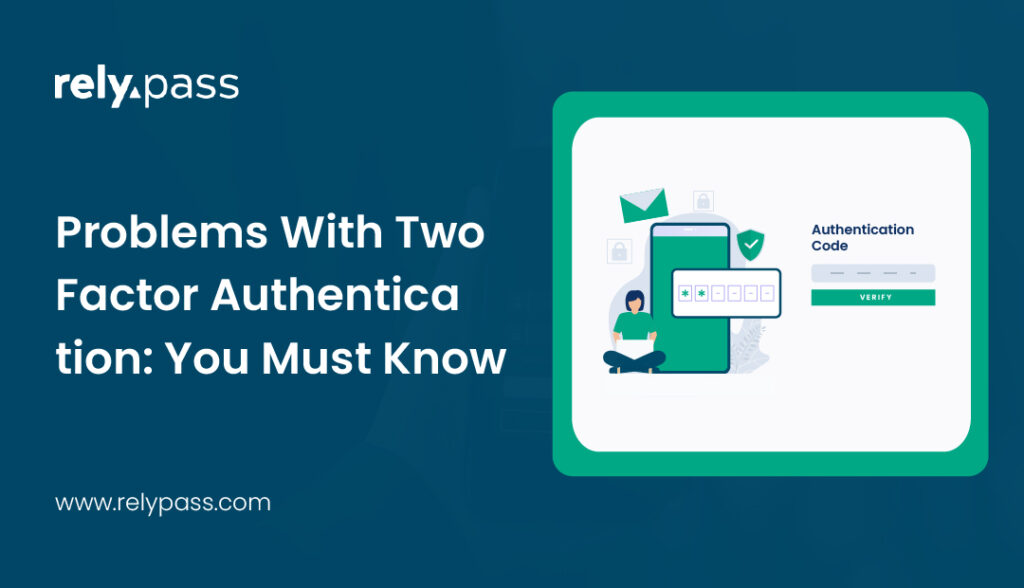
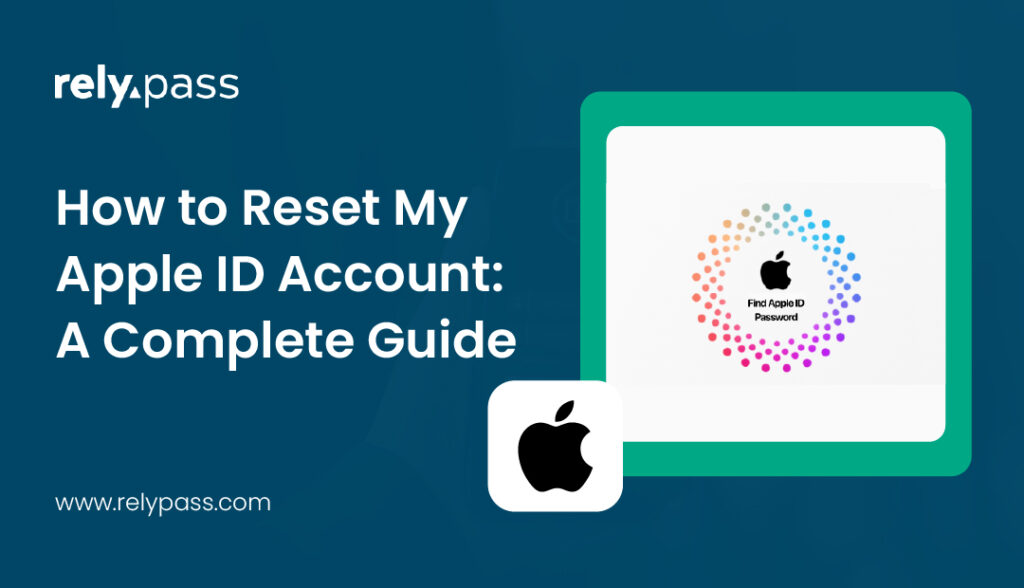
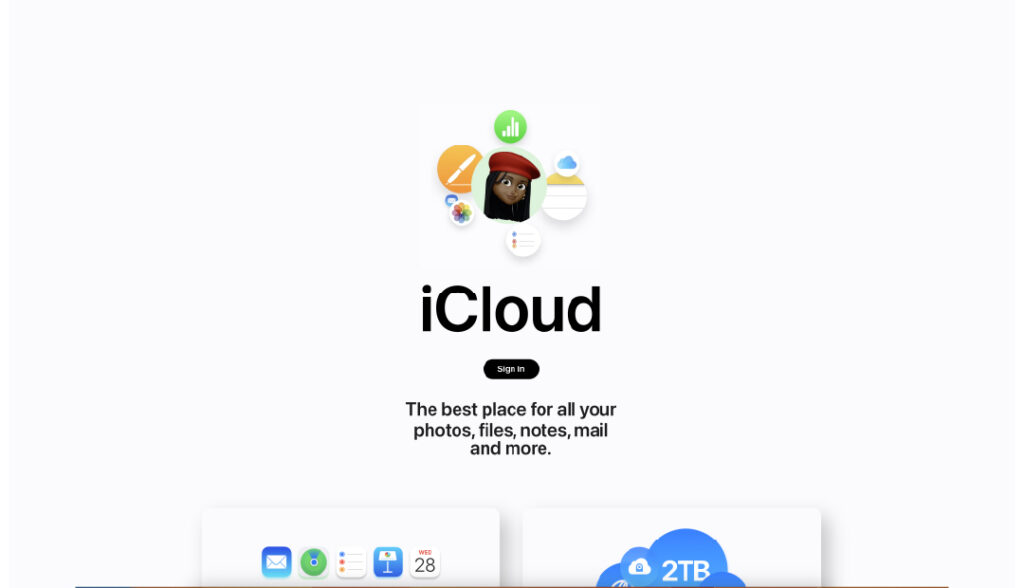
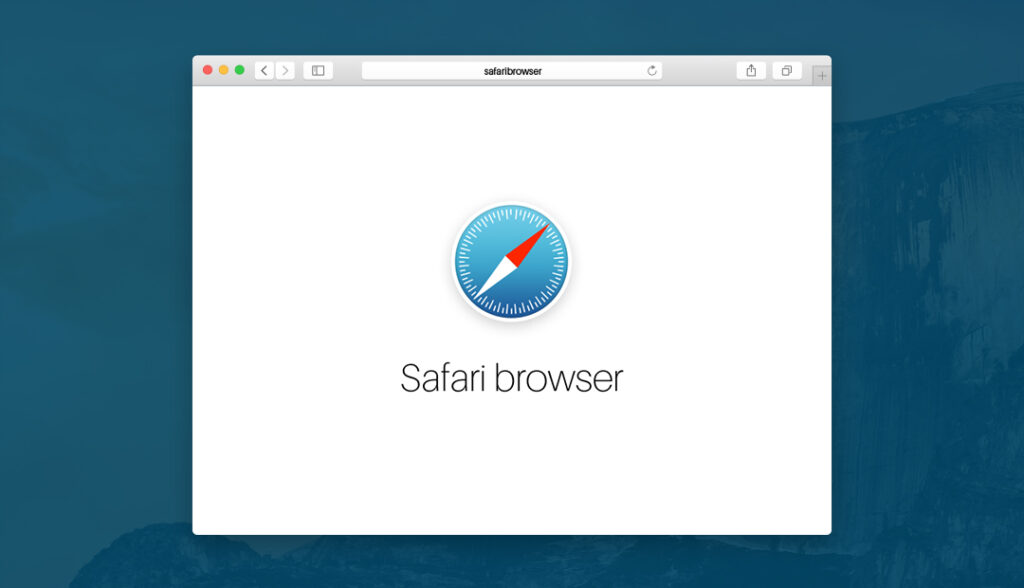




What Would a Password Manager Allow You to Do? - RelyPas
January 2, 2024[…] Multifactor Authentication (MFA): While your password manager will keep your passwords safe, enabling MFA adds an extra layer of […]